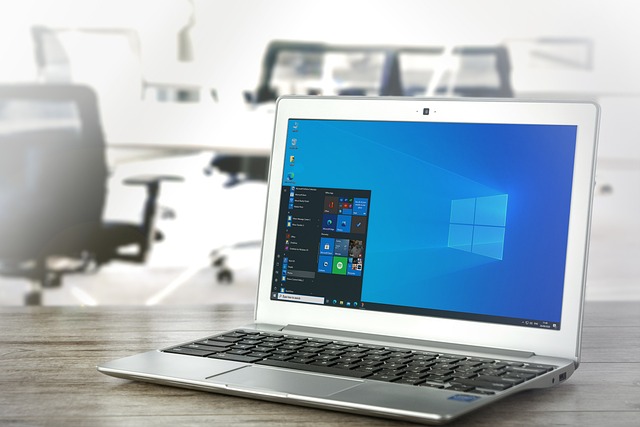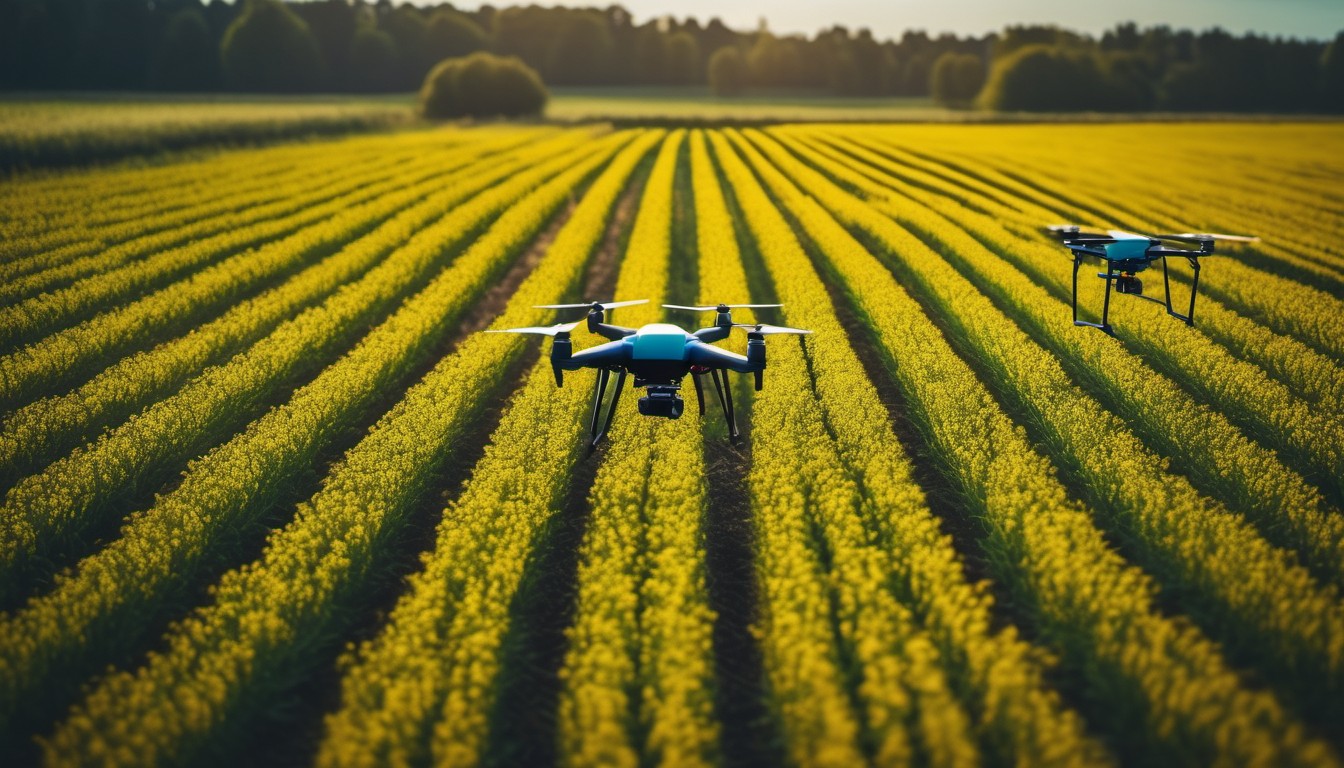Change is a constant in the world of technology, and the latest announcement from Microsoft marks a significant shift in their strategy. The company has decided to retire Cortana, its virtual assistant, from Windows operating systems. This move comes as Microsoft places its bets on next-generation AI technologies, signaling a new era in the evolution of digital assistants.
Cortana’s Evolution and Farewell
Cortana made its debut as Microsoft’s virtual assistant in 2014, designed to compete with the likes of Apple’s Siri and Google Assistant. Over the years, Cortana evolved and found its place in various Microsoft products, including Windows, Office 365, and more. However, its presence in the Windows operating system has gradually diminished, with users seeing a reduced emphasis on Cortana in recent updates.
Next-Gen AI: A New Frontier
Microsoft’s decision to retire Cortana from Windows reflects a larger strategic shift towards next-generation AI technologies. The company aims to focus on developing AI capabilities that transcend the traditional boundaries of a virtual assistant. These next-gen AI systems are expected to offer more contextual understanding, natural language processing, and a seamless integration of AI across various Microsoft services and products.
The Rise of AI Ecosystems
In the tech landscape, AI is no longer limited to standalone virtual assistants. It has evolved into a broader ecosystem that encompasses voice recognition, machine learning, predictive analytics, and more. Microsoft’s move away from Cortana in Windows aligns with the vision of creating a more cohesive AI ecosystem that caters to a wide range of user needs and scenarios.
User-Centric AI Experience
As Microsoft paves the way for the next generation of AI, users can anticipate a more user-centric and integrated AI experience. The focus will likely be on enhancing productivity, enabling seamless interactions, and providing personalized assistance across devices and platforms. This approach underscores Microsoft’s commitment to staying at the forefront of AI innovation.
The Future of Assistive Technology
While Cortana’s departure from Windows marks the end of an era, it also signals the beginning of a new chapter in the world of AI and assistive technology. As technology giants like Microsoft invest in advanced AI capabilities, users can look forward to more intuitive, context-aware, and efficient AI interactions that enhance their digital experiences.
In conclusion, Microsoft’s decision to retire Cortana from Windows signifies a strategic pivot towards next-generation AI technologies. This move reflects the evolving landscape of AI, where virtual assistants are just one facet of a broader AI ecosystem. As we bid farewell to Cortana in Windows, we usher in an exciting era of AI innovation that promises to shape the future of how we interact with technology.




